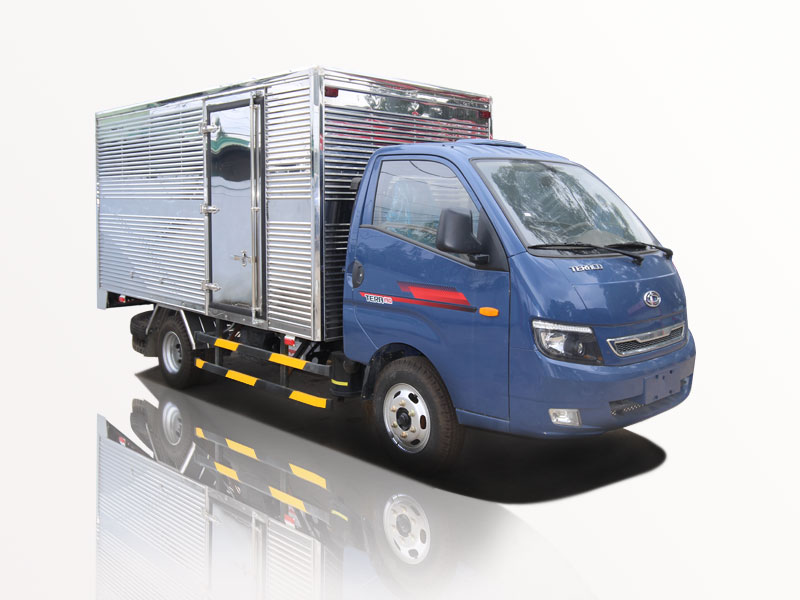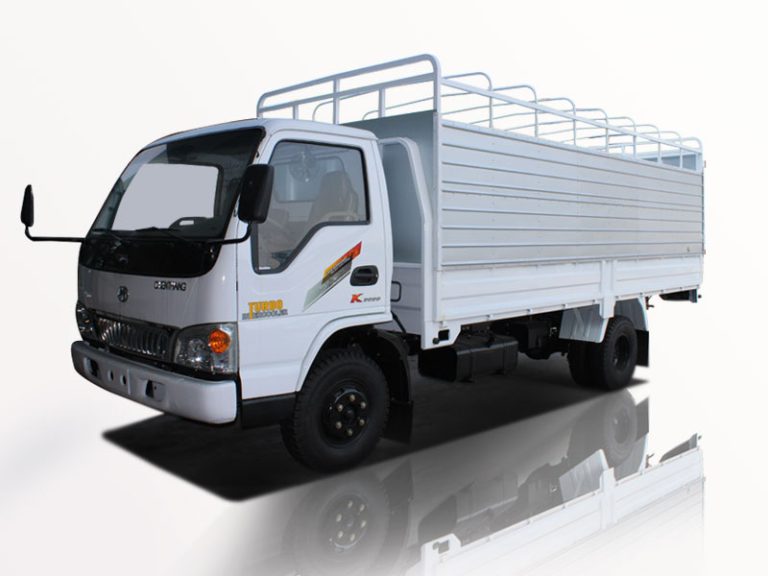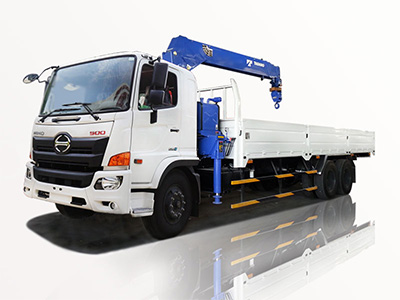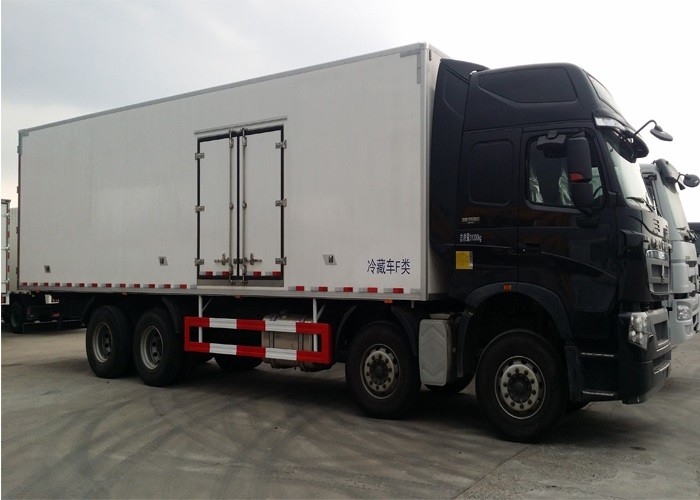In today’s world, truck towing is an essential service that can help you in various situations, from breaking down on the highway to needing to transport heavy loads. This comprehensive guide will explore everything related to world truck towing, the types of trucks involved, the key factors to consider, and much more. Whether you’re a truck owner, an operator, or just someone interested in understanding the world of truck towing, this article will provide valuable insights and practical tips.
What is Truck Towing?
Truck towing refers to the process of pulling a vehicle or a heavy cargo using a towing vehicle. This service is crucial for recovering vehicles that have broken down, transporting goods, or moving heavy machinery from one location to another. Different types of trucks are designed for specific towing capacities and purposes, making the towing industry a vital part of logistics and roadside assistance.
Types of Towing Services
- Emergency Towing
- Flatbed Towing
- Heavy-Duty Towing
- Motorcycle Towing
- Local and Long-Distance Towing
- Load Shifting and Transport
Importance of Truck Towing
Truck towing serves multiple purposes, making it indispensable in numerous scenarios:
Roadside Assistance
When a truck breaks down, towing can help get it to a repair shop, ensuring minimal downtime.
Accident Recovery
After a vehicle accident, towing services can clear the road and transport damaged vehicles safely.
Transporting Goods
For businesses that require logistics, towing can transport heavy cargo efficiently and safely.
Site Management
In construction sites, towing is essential for moving heavy equipment and ensuring efficient site management.
Types of Trucks Used for Towing
The towing industry utilizes various types of trucks designed for specific towing needs:
Light-Duty Trucks
Light-duty trucks, often referred to as “tow trucks,” are ideal for light vehicles, such as sedans and small SUVs. They typically have a towing capacity of up to 10,000 pounds.
| Truck Type | Towing Capacity | Common Uses |
|---|---|---|
| Light-Duty | Up to 10,000 lbs | Cars, small SUVs |
| Medium-Duty | 10,000 – 20,000 lbs | Buses, trucks |
| Heavy-Duty | Over 20,000 lbs | Heavy machinery, large trucks |
Medium-Duty Trucks
Medium-duty trucks can handle heavier loads, making them suitable for larger vehicles like buses and larger trucks, with a towing capacity ranging from 10,000 to 20,000 pounds.
Heavy-Duty Trucks
Heavy-duty trucks are equipped to tow heavy machinery, trailers, and large trucks, with the capacity exceeding 20,000 pounds. These trucks are essential in construction and large-scale transportation.
Finding the Right Towing Service
Choosing a reputable towing service is crucial to ensure the safety and efficiency of the towing operation. Here are some tips to help you find the right service:
Check for Licensing and Insurance
Always ensure the towing company is properly licensed and insured to protect yourself and your vehicle.
Read Customer Reviews
Customer feedback can provide insights into the reliability and quality of service offered by towing companies.
Evaluate Response Time
In emergencies, response time is critical. Look for companies that promise quick dispatch times.
Compare Pricing
Request quotes from multiple companies and compare their rates, ensuring there are no hidden fees.
Understanding Towing Capacity
Towing capacity refers to the maximum weight a towing vehicle can safely pull. It is essential to know your vehicle’s towing capacity to prevent accidents and damage.
Factors Affecting Towing Capacity
- Vehicle Weight
- Engine Power
- Towing Equipment
- Loading Distribution
Vehicle Weight
Heavier vehicles typically have higher towing capacities, while lighter vehicles may struggle to pull heavy loads.
Engine Power
The more powerful the engine, the higher the towing capacity. Selecting a vehicle with adequate horsepower is crucial.
DIY Towing Tips
For those interested in towing their vehicles or trailers themselves, here are some practical tips:
Proper Equipment
Always use high-quality towing equipment, including hitch, straps, and safety chains, to ensure safety during towing.
Practice Safe Driving
When towing, take wider turns, drive slower, and maintain increased stopping distances to account for the added weight.
Check Your Load
Always distribute the weight evenly and ensure the load is secured to prevent swaying or detaching during travel.
Environmental Impact of Towing
The towing industry has a significant environmental footprint. Here are ways companies can mitigate their impact:
Using Fuel-Efficient Trucks
Opting for newer models with better fuel efficiency can reduce emissions associated with towing.
Implementing Eco-Friendly Practices
Towing companies can adopt best practices, such as regular maintenance and optimal route planning, to minimize fuel consumption.
The Future of Truck Towing
The towing industry is evolving, with advancements in technology playing a significant role. Potential developments include:
Autonomous Towing
Automation in towing could lead to safer and more efficient operations, reducing the need for manual intervention.
Electric Towing Vehicles
The rise of electric vehicles in the towing sector may lead to greener operations and safer towing practices.
Frequently Asked Questions (FAQs)
What is the average cost of towing a vehicle?
The average cost of towing a vehicle ranges from $75 to $125, depending on the distance and type of vehicle.
How can I prevent my vehicle from breaking down?
Regular maintenance, such as oil changes, tire checks, and brake inspections, can help prevent breakdowns.
Is it safe to tow a car with a pickup truck?
Yes, as long as the pickup truck has a sufficient towing capacity and proper equipment is used.
What should I do if my truck breaks down on the highway?
Stay in your vehicle with your seatbelt fastened, call for roadside assistance, and use hazard lights to alert other drivers.
Can I tow a trailer without a special license?
It depends on the weight of the trailer. Check your local laws regarding towing regulations.
What is the best towing equipment for beginners?
For beginners, a basic tow hitch, safety chains, and a good quality tow strap are essential pieces of equipment to start with.



